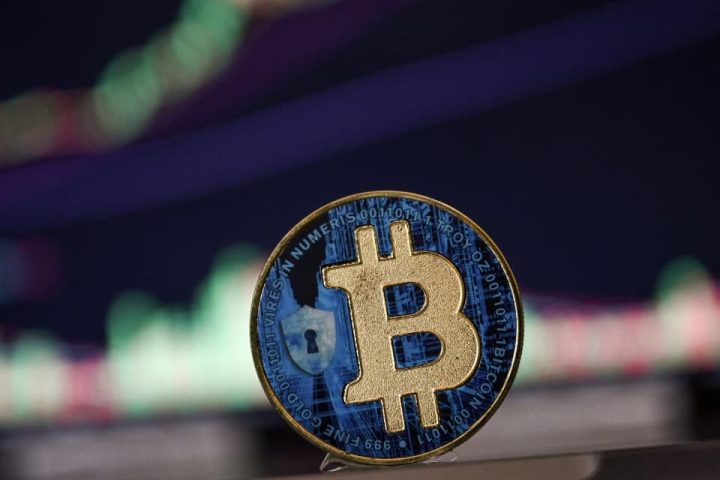Lawmakers from both parties on Thursday criticized the recent U.S. stance toward Iran, arguing that both Democratic and Republican administrations had underestimated the country’s commitment to funding Hamas and other groups intent on the destruction of the state of Israel.
“This was an area we all missed…we knew this money was going into Hamas, but there was no preemptive action by any of the major powers” to stop it, said Democratic Sen. Jack Reed of Rhode Island during a Senate Banking Committee hearing on terrorism financing.
Israeli Prime Minister Benjamin Netanyahu has come under criticism in his country for tolerating Hamas, the organization that governs the Gaza Strip and which refuses to recognize the Israeli state.
Read more: Leaders of Hamas, Hezbollah and Islamic Jihad meet to discuss war in Gaza
A recent article in the Times of Israel said that Netanyahu’s governments allowed Hamas to “receive infusions of cash from abroad” in order to promote stability in the territory and to undercut the authority of rival Palestinian leaders in the West Bank.
Matthew Levitt, a former counterterrorism official at the Treasury Department and FBI, agreed with this characterization during Thursday’s hearing that the U.S. and Israel committed a “major policy error” by allowing and even “encouraging” money to flow to Gaza, ostensibly to fund government services for the territory inhabited by more than 2 million people.
“That calculation failed miserably and it’s going to have to be revisited,” Levitt said.
Sen. Steve Daines of Montana echoed many of his fellow Republicans by laying blame for the attacks at the feet of of President Joe Biden’s administration and its Iran policy.
“It’s been very clear to many of us, including to many leaders in Israel, that the appeasement strategy of the Biden administration is a failed policy,” he said. “The maximum pressure campaign against the Iranians is the right policy position.”
Daines and other Republicans focused on a recent deal by the Biden administration to allow the Iranians to repatriate $6 billion in revenue from oil sales as part of its deal to release five American prisoners from captivity. They argued that this policy has put U.S. security at risk, not just because the Oct. 7 attacks in Israel killed at least 32 U.S. citizens, but because of a growing risk of a wider war in the region.
“This one is a shooting war the U.S. is involved with in this moment,” Daines said, pointing to an incident last week when a U.S. destroyer stationed in the Red Sea shot down four cruise missiles and 15 drones over a period of nine hours that were launched by Iranian-backed Houthi forces in Yemen.
See also: U.N. warns Gaza blockade could force it to sharply cut relief missions as Israeli bombings rise
The Israeli government estimates that Iran provides Hamas with upwards of $350 million in funding per year, a figure that has risen of late along with Iranian oil sales as the Biden administration eased sanctions with the hope of restarting negotiations over curbing Iran’s nuclear program.
John Kirby, spokesman for Biden’s National Security Council, said in a briefing Monday that the administration has “never been blind to Iran’s destabilizing behaviors,” and pointed to 40 additional sanctions regimes that have been imposed on Iran since Biden came into office.
He also said that Biden’s Defense Department has focused on increasing the U.S. military’s presence in the region and is working closely with allies to pursue an integrated defense strategy.
“We have been very focused on what Iran is doing,” he said. “We are not blind to the fact that they continue to support groups like Hamas and Hezbollah.”
Read the full article here







